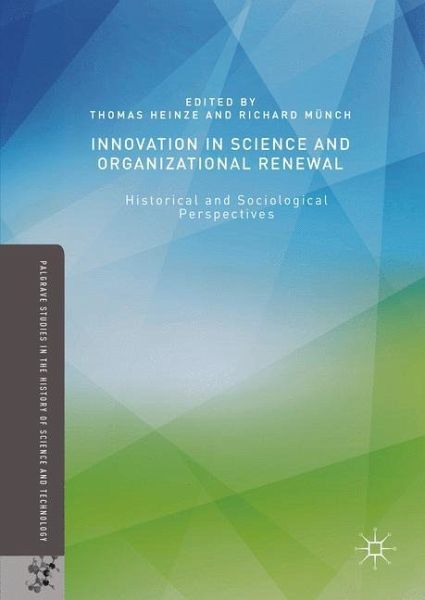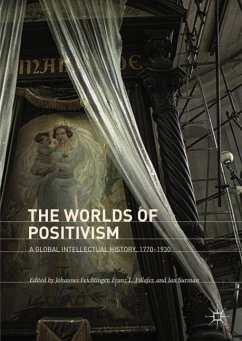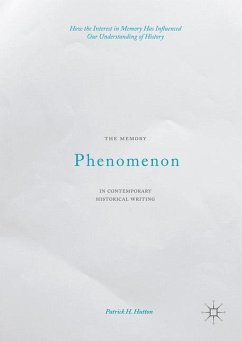
Innovation in Science and Organizational Renewal
Historical and Sociological Perspectives
Herausgegeben: Heinze, Thomas; Münch, Richard

PAYBACK Punkte
19 °P sammeln!
This book looks at the types of new research organizations that drive scientific innovation and how ground-breaking science transforms research fields and their organization. Based on historical case studies and comparative empirical data, the book presents new and thought-provoking evidence that improves our knowledge and understanding about how new research fields are formed and how research organizations adapt to breakthroughs in science. While the book is firmly based in science history, it discusses more general sociological and policy propositions regarding scientific innovations and org...
This book looks at the types of new research organizations that drive scientific innovation and how ground-breaking science transforms research fields and their organization. Based on historical case studies and comparative empirical data, the book presents new and thought-provoking evidence that improves our knowledge and understanding about how new research fields are formed and how research organizations adapt to breakthroughs in science. While the book is firmly based in science history, it discusses more general sociological and policy propositions regarding scientific innovations and organizational change. The volume brings together leading scholars both from the United States and Europe.












